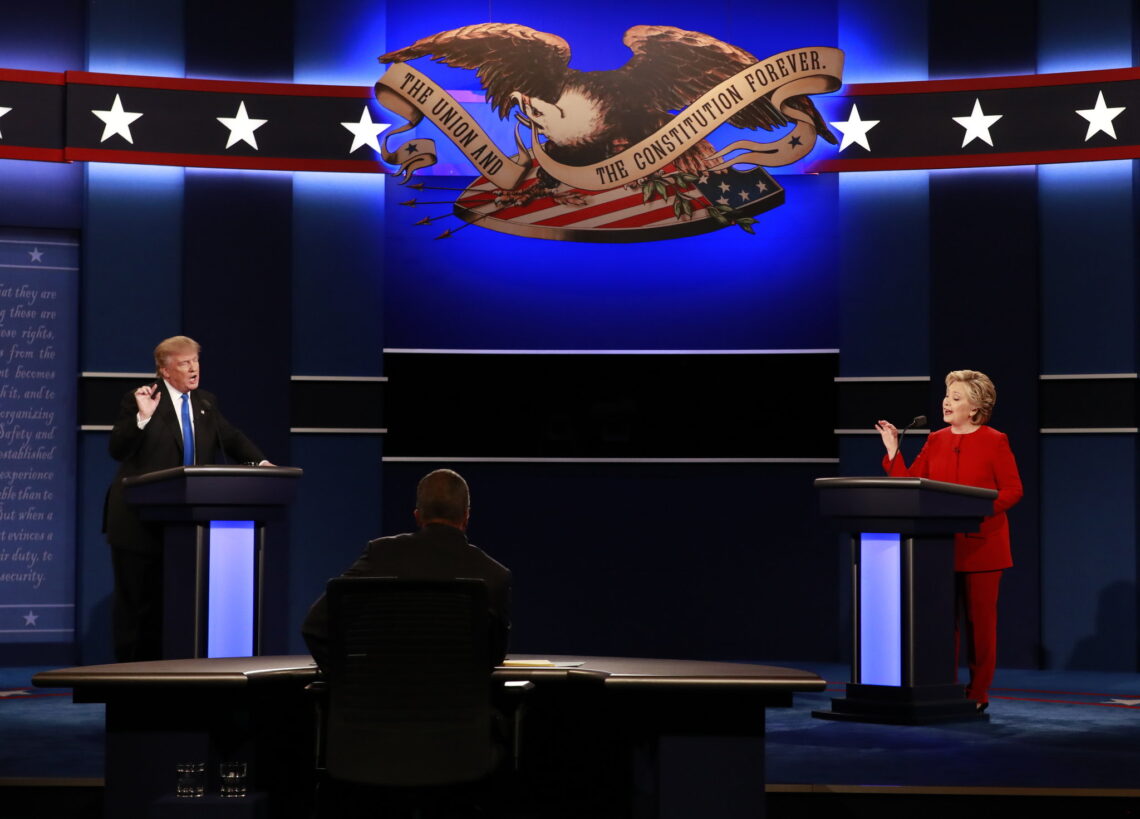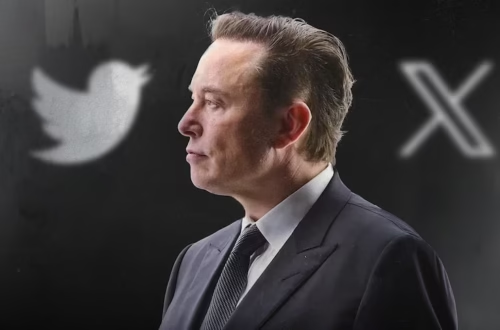About the “No Tax on Tips and Overtime Act”
Known as the “No Tax on Tips and Overtime Act,” the proposed legislation seeks to boost take-home pay for hourly and service industry workers by exempting tips and overtime earnings from federal taxation. Proponents argue the measure would provide immediate financial relief to millions of workers and stimulate economic growth through increased consumer spending.
Clinton Raises Concerns Over Fiscal Impact
Clinton expressed concerns that while the bill may offer short-term benefits, it poses a threat to long-term federal revenue stability. She warned that the legislation could significantly reduce government funding for essential services such as education, healthcare, and infrastructure.
“Eliminating taxes on tips and overtime pay might sound appealing, but we must consider the long-term consequences,” Clinton stated. “Such a policy could create substantial budget deficits, forcing cuts to programs that many Americans depend on.”
Calls for Comprehensive Tax Reform
Clinton advocates for a balanced and comprehensive approach to tax reform—one that supports working families while preserving the government’s ability to maintain essential services. She stressed that economic policy must consider both equity and sustainability.
Supporters Push for Economic Stimulus
Supporters of the bill, including Trump and Republican lawmakers, argue that reducing tax burdens on working Americans will lead to higher disposable income and stimulate economic growth. They say the proposal would especially help low- and middle-income workers who often rely on tips and overtime for financial stability.
Criticism from Economic Analysts and Advocates
Critics caution that the bill may disproportionately benefit higher-income individuals with more access to overtime opportunities, while offering limited relief to those in low-wage, tip-reliant jobs. There are also concerns that employers may restructure compensation packages in ways that reduce regular wages in favor of less-taxed income categories.
Political and Economic Implications
The controversy surrounding the “No Tax on Tips and Overtime Act” illustrates broader ideological divides over tax equity and economic policy. As the bill moves through the legislative process, the debate is expected to remain fierce among lawmakers, economists, and the general public.
Clinton’s opposition underscores the complexities of modern tax reform and the challenges of crafting policies that effectively balance support for working families with the need for fiscal responsibility.
Tags: Hillary Clinton tax policy, Trump tax reform, tips and overtime tax, working-class tax cuts, federal revenue, No Tax on Tips Act, fiscal responsibility, income inequality, GOP tax plan, economic growth





